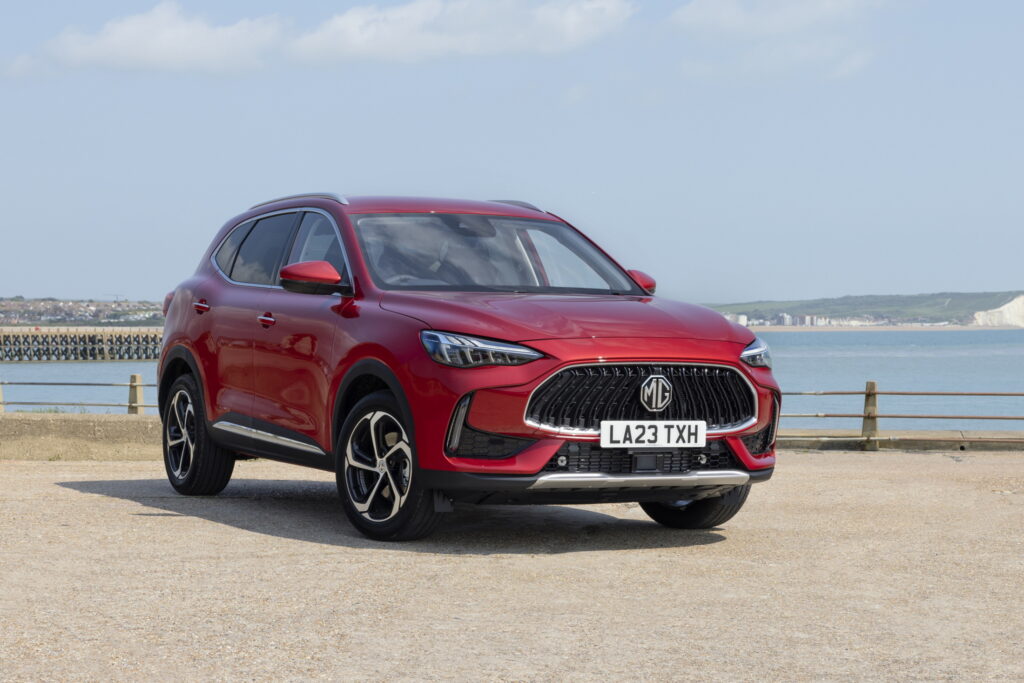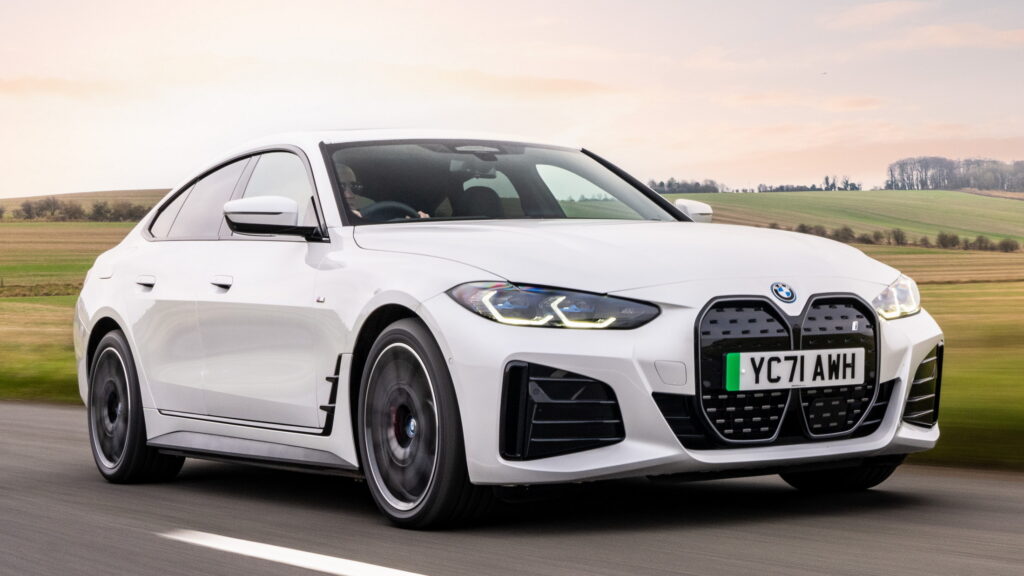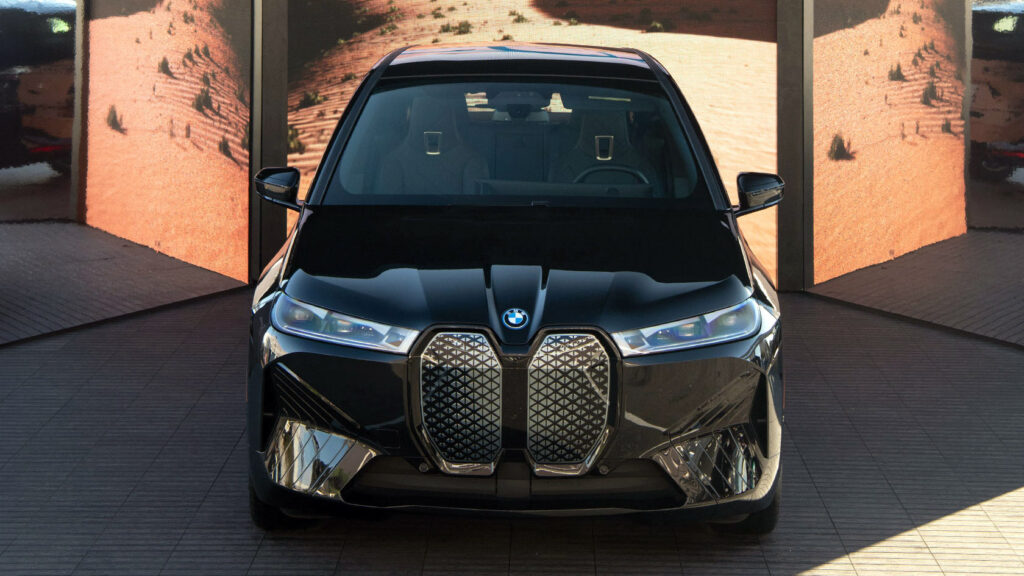Both BMW and MG have run afoul of the U.K.’s advertising authority over ads that make claims about their vehicles’ emissions. Intriguingly, the rulings appear to mark the first time the agency has chastised automakers over the use of the term “zero emissions,” when referring to hybrid and electric vehicles.
In MG’s case, the concern relates to a paid ad on Google that ran in August. Its copy reads, “Find A Dealer – Book A Test Drive. Save £1,000 On Your Next MG HS Plug-in Hybrid, MG ZS or MG5 EV Trophy Long Range Renewed with a modern design, increased range, and even more technology. Zero Emissions.”
As you might have guessed, the Advertising Standards Authority (ASA) took issue with the use of zero emissions when referring to a vehicle that still has an internal combustion engine. While it may have zero tailpipe emissions under certain circumstances, they are limited.

Following the complaint, MG confirmed the removal of all references to ‘Zero Emissions’ from their ads.
In BMW’s case, the ASA’s complaint is a little more subtle. The German automaker was using the term in ads that also ran in August, but only about electric vehicles. More specifically, a paid for Google ad for BMW seen on 16 August 2023 featured the claim, “Zero Emissions Cars – Download Your Brochure Today. Visit BMW’s official online website. Find the perfect BMW electric car. Book a test drive. Explore a range of BMW electric cars …”.
BMW UK responded to the complaint stating that they bid on terms like ‘Zero Emission Cars’ to target consumers interested in battery electric vehicles (BEVs). They clarified that this term was automatically included in the ad through Google Ads’ feature. BMW claims it was unaware of this activation until they received the complaint. Additionally, the German automaker noted that it appeared in only a small fraction of search results, specifically 0.02% of the impressions from BMW’s paid search activity.
The UK advertising authority rules that since the only sense in which an EV can be considered “zero emissions” is while it is driving, that distinction must be made clear in ads.
“We understood that when electric vehicles were driven, no emissions were produced,” the ASA writes. “However, in other circumstances, such as the manufacture or charging of an electric vehicle using electricity from the national grid, emissions were generated. For that reason an ad that featured a ‘zero emissions’ claim, that did not make explicitly clear that it was related to the reaction of the vehicle while it was being driven was likely to mislead.”
Read: Toyota Hilux Ad Banned Because It Encouraged People To Drive Off-Road
Luckily for the automakers, there are no real consequences. The ASA states that both must ensure that the ads in question don’t appear again with that phrasing, but that’s about it. However, for the U.K. more broadly, this sets a precedent.
This appears to be a novel ruling for this specific use of “zero emissions” in advertising, and will likely have implications for the rest of the industry, reports Edie.net. And it’s an interesting position for a government agency to take since the government refers to EVs as “zero-emissions” in its own documents, such as the Zero-Emission Vehicle Mandate, by which it plans to increase the number of EVs on its roads.
Neither automaker seems to have put up much of a fight against the ASA, and it is accurate that EVs still cause pollution, even if it’s significantly less than internal combustion vehicles throughout their lifetime, but it’s not yet clear why the agency has decided to pick this fight now.





